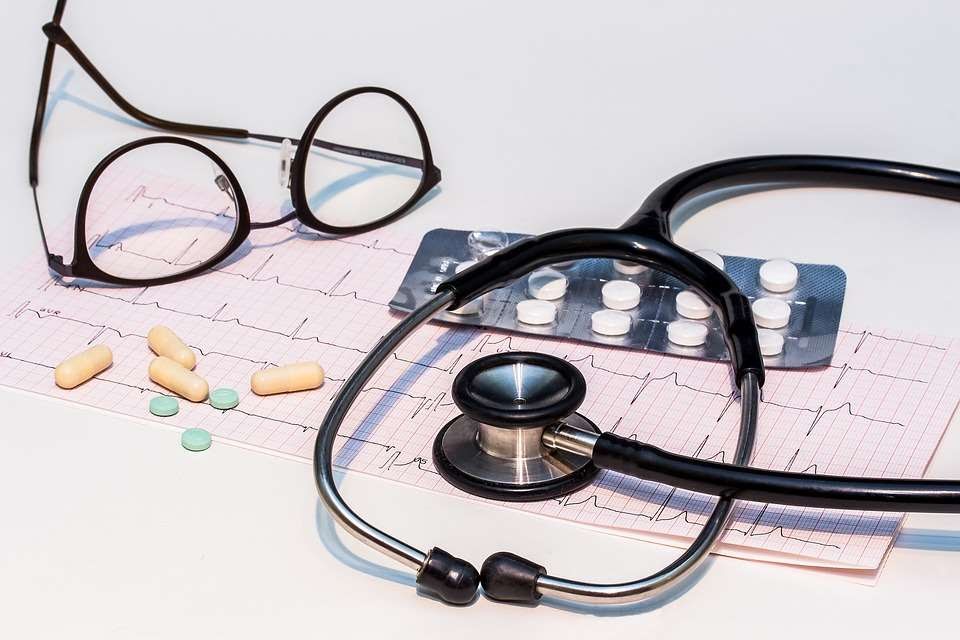How is the Covid-19 pandemic impacting Thailand’s medical hub ambitions?
Oxford Business Group
As Thailand begins to gradually ease coronavirus-related restrictions, the government is looking to cement the country’s position as an advanced medical hub in Asia.
From May 3, small retailers, street food vendors, restaurants outside malls, parks and outdoor sports venues have been permitted to reopen as policymakers look to kick-start economic activity that has been curtailed by lockdown measures.
Alcohol sales have resumed for home consumption, while restaurants that have reopened may only serve soft drinks and must ensure that customers are seated at least 1.5 metres apart.
Although some restrictions have been lifted, Thailand has also extended its state of emergency until May 30. International flights remain suspended and bars, cinemas, department stores and indoor sports facilities are among the popular entertainment attractions that are still closed.
The decision to begin easing the lockdown was prompted by several consecutive days in which new confirmed infections were in the single digits.
As of May 5, Thailand’s cumulative Covid-19 count stood at 2988 cases and 54 deaths.
Upon relaxing measures on May 3, the government said it would closely monitor the situation for two weeks before deciding whether to ease more restrictions or re-impose strict lockdown measures.
Medical hub ambitions
Thailand’s response to the coronavirus pandemic has been aided by a robust health care system.
Indeed, Thailand was ranked sixth out of 195 countries in the 2019 Global Health Security Index, calculated by researchers at the Nuclear Threat Initiative and John Hopkins Centre for Health Security.
This meant Thailand was the highest ranked emerging economy and Asian country in the index, which is specifically devised to measure a country’s preparedness for a pandemic.
Prior to the outbreak of Covid-19, Thailand was already working to establish itself as the medical hub of Asia.
Guided by Ministry of Public Health’s 2016-25 strategic plan entitled ‘Thailand: A Hub of Wellness and Medical Services’, stakeholders have been working to develop an advanced medical industry ecosystem underpinned by innovation and research and development (R&D).
The strategic plan also aligns with the government’s overarching ‘Thailand 4.0’ strategy, designed to help the country escape the so-called ‘middle-income trap’ through the cultivation of innovative, high-value manufacturing and service industries.
Already popular as an international health care tourism destination, the push to further develop the country’s medical ecosystem was partly driven by Thailand’s ageing population, which is expected to result in increasing domestic demand for quality health care services.
Thailand ranks second in ASEAN behind Singapore in terms of the percentage of the population aged over 60, and this proportion is expected to increase significantly over the next 50 years.
New incentives
As the global pandemic has added further strains to frontline health services and back-end supply chains, Thailand’s Board of Investment (BOI) announced additional measures in April to accelerate investments in the medical industry, which could have positive implications for the sector’s broader strategic goals.
Complementing the pre-existing tax holiday of between three and eight years for qualified companies operating in the medical device, equipment and supply industry, the new measures include a 50% reduction in corporate income tax for a further three years. This additional incentive is available to firms who apply before June 30 and begin production before December 31.
Furthermore, manufacturers that adjust existing production lines to manufacture medical devices or parts will be exempted from import duties on machinery in 2020, provided they apply before September.
Additional tax benefits are being offered to companies producing non-woven fabric used to manufacture medical masks or medical devices.
“These measures are aimed at a fast response to this specific situation, but were designed to also pave the way for longer-term development,” Duangjai Asawachintachit, secretary general of Thailand’s BOI, told OBG.
“We believe that our proven capability to manage the pandemic, as well as enhanced local technological capabilities and strong existing supply chains, will further accelerate investments in medical innovations and biosciences, both in the short and long term,” she said, adding that the number of initial inquiries that the BOI had received in response to the new incentives made her optimistic about investment in the sector in 2020.
Neighbourhood demand
Although Thailand is already well positioned as a centre for medical innovation, it may face more competition as governments re-evaluate their dependency on overseas shipments of essential items.
“Taking into account the disruption in global supply chains, lots of countries within the region will look to become more self-sufficient in producing medical devices and pharmaceuticals that can strengthen their resilience against infectious disease outbreaks,” Paul Ashburn, co-managing partner of business consultancy firm HLB Thailand, told OBG.
“However, Thailand had already made a head start, so it is well placed to capitalise on increased regional demand over the next 12 months,” he added.
Ashburn pointed out that Thailand’s immediate neighbours in the greater Mekong region – Cambodia, Laos, Myanmar and Vietnam – all have lower GDPs per capita and less advanced health care systems.
As such, affluent patients from neighbouring countries are likely to still seek medical treatment in Thailand’s superior medical facilities once border restrictions are eased, even if it may take longer for medical tourists from other core markets in the Middle East, US, Europe and the Indian subcontinent to return en masse.
In addition, as many of Thailand’s neighbours will not be able to immediately count on domestic production to stockpile personal protective equipment and necessary medical supplies in the wake of the pandemic, Thailand will be an obvious source market due to its production capacity and close proximity.






